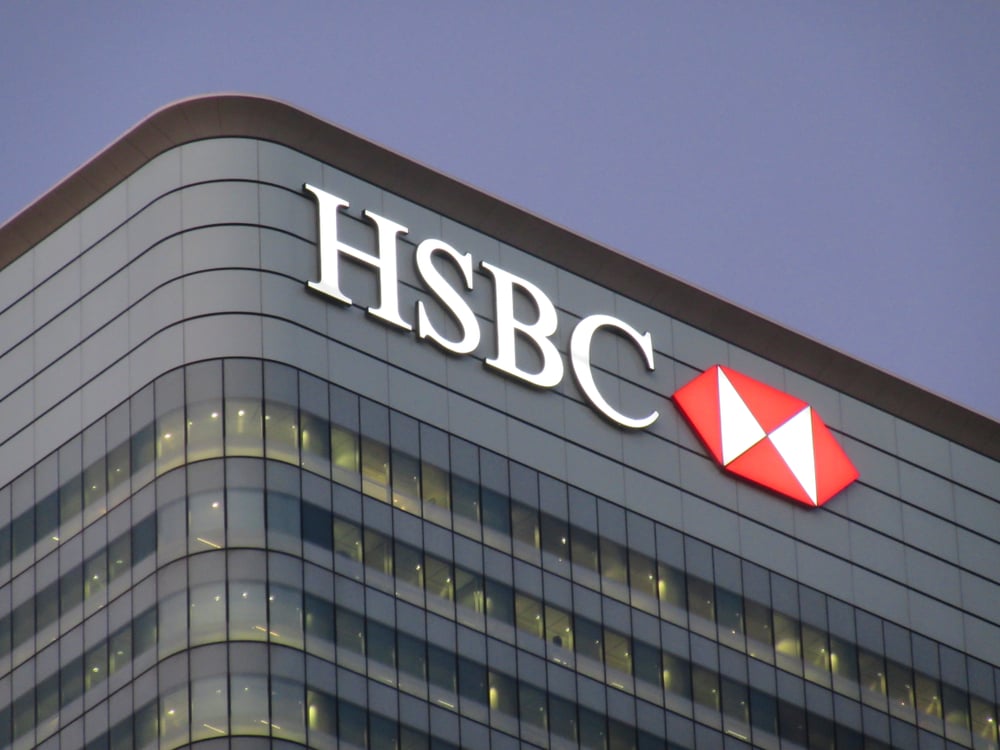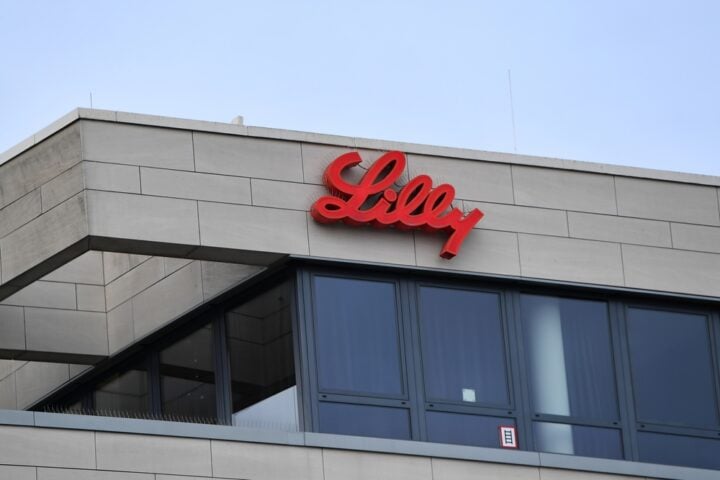HSBC announced on Tuesday that it would reduce its stake in Bank of Communications (BOCOM) to about 16%, down from 19.03%. This change follows BOCOM’s fundraising through a private placement of shares, which will lead to a loss of up to $1.6 billion for the British bank.
Details of the Fundraising
In March, four of China’s largest state-owned banks, including BOCOM, revealed plans to raise a combined 520 billion yuan ($71.5 billion) from investors, including the Chinese finance ministry. This initiative came after Chinese policymakers vowed to recapitalize major state banks to bolster their ability to support the real economy.
BOCOM announced it would sell shares to raise as much as 120 billion yuan. As a result of this fundraising, HSBC’s stake in BOCOM will decrease by approximately three percentage points, leading to a pre-tax loss in the range of $1.2 billion to $1.6 billion.
Impact on HSBC’s Financials
HSBC confirmed that this loss would be recognized in its income statement, although the exact impact will depend on the timing of the completion, foreign exchange changes, and other factors. The bank clarified that the loss “would not be deductible for tax purposes,” as its shareholding in BOCOM is intended for long-term investment purposes. Despite the loss, HSBC stated that it would not have a material impact on its capital ratios or dividend distribution capacity.
Previous Losses and Economic Conditions
Last February, HSBC reported a $3 billion charge related to its stake in BOCOM, the largest by any overseas lender. This came amid rising bad loans in China due to a prolonged property sector crisis. The latest financials follow HSBC’s first-quarter profit decline of 25%, with the bank also warning of heightened business uncertainty, particularly due to the global trade tensions instigated by U.S. President Donald Trump’s tariffs.
HSBC’s Outlook Amid Global Economic Challenges
Despite these challenges, HSBC continues to make the majority of its revenues and profits in Asia. The recent developments signal ongoing volatility in global financial markets, with HSBC’s significant exposure to Chinese markets making the bank vulnerable to both local economic issues and the broader geopolitical landscape.







